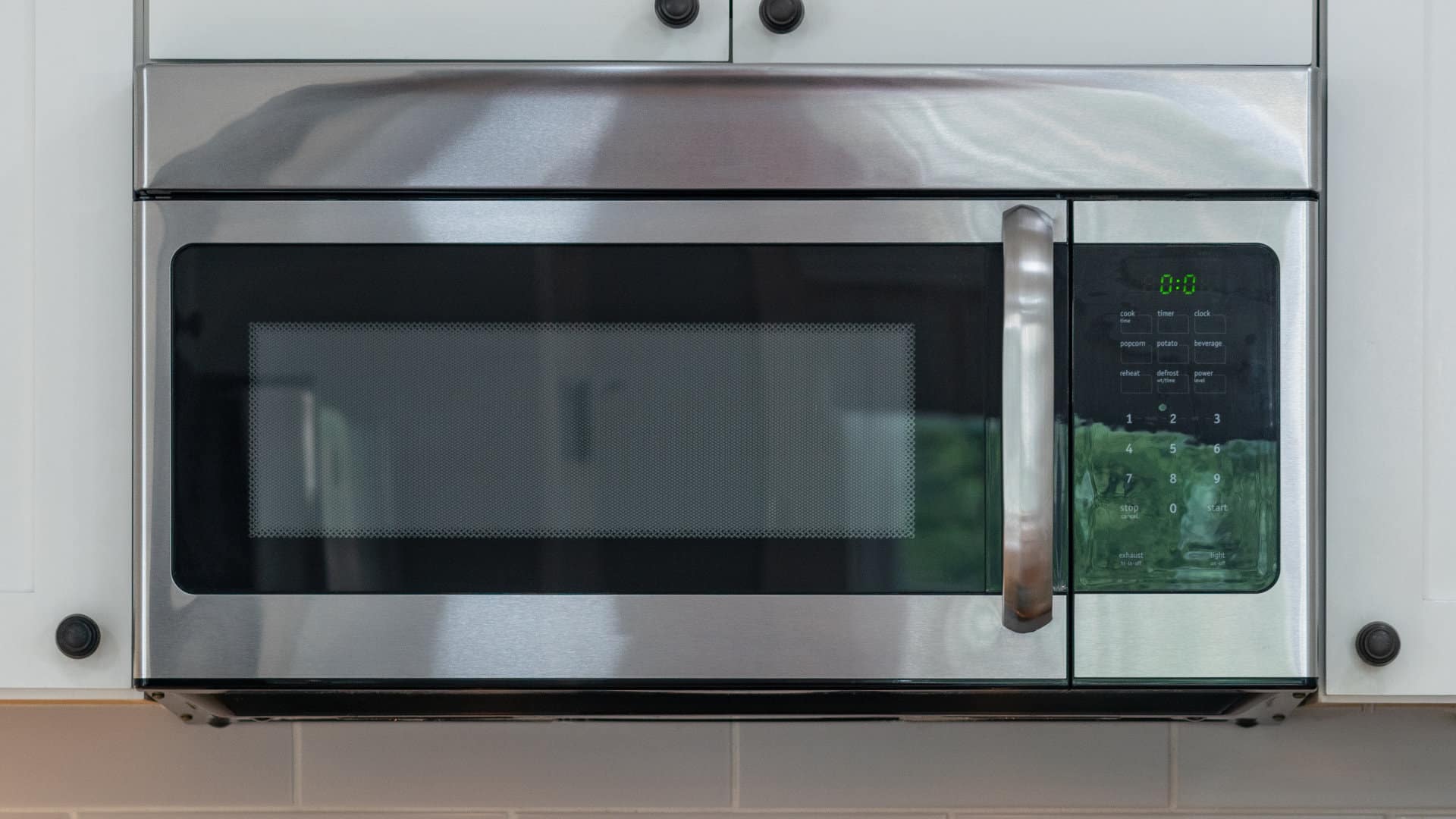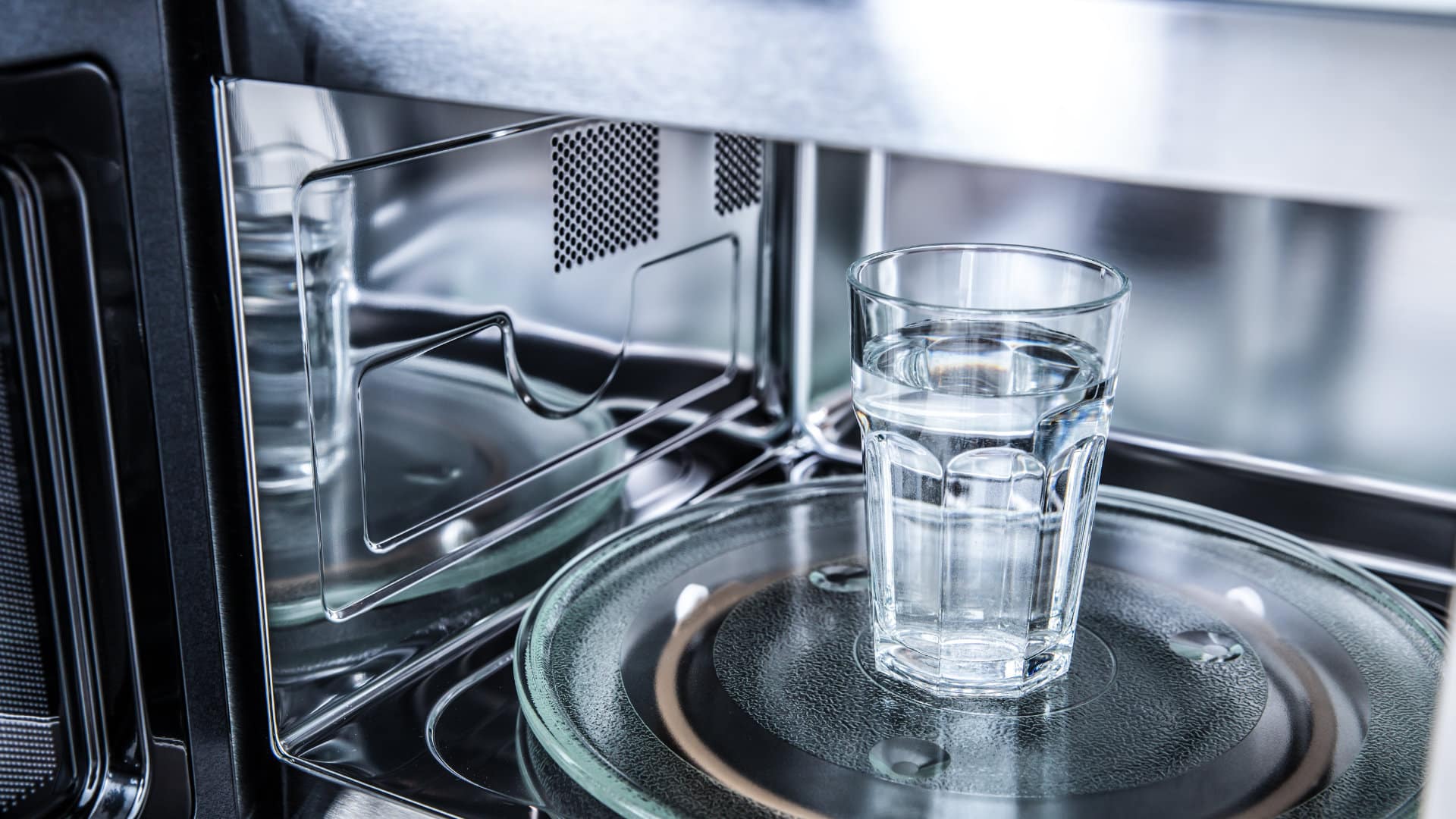
Microwave ovens are a super handy appliance found in almost every home. People use them daily, usually without any issues; however, they should still be operated sensibly to avoid the risk of accidents.
Since microwaves are powered by electricity and use electromagnetic radiation to heat food, and because they can heat whatever is inside to extremely high temperatures, there can be scenarios in which a microwave is unsafe.
This article will outline these dangerous scenarios so you can avoid putting yourself, your loved ones, and your property at risk. Whether it’s damage to the appliance compromising its safety or improper use causing unnecessary risk, we’ve got you covered.
You’ll be an expert on microwave safety by the time you finish reading. Let’s begin.
When a Microwave Is Unsafe Due to Damage
If your microwave is damaged or broken, it can certainly compromise its safety. Here are some situations in which damage can make your microwave unsafe to use:
If There Are Issues with the Power Supply
If your microwave has wear and tear to its power cord, such as exposed electrical wire due to splits in the rubber casing, it is unsafe to use until the issue is fixed. Likewise, if the fuse keeps blowing on your microwave or the circuit breaker keeps tripping when you use it, it’s also unsafe.
You’ll need to have these issues fixed by a qualified appliance technician before using them again. Attempting to fix them yourself could be dangerous.
If Your Microwave Is Rusty
Some microwaves, especially older models, can become rusty over time. You’ll often see rust inside the microwave in the groove under the turntable. However, other areas can become rusty, too, on the inside and outside of the microwave.
Not only can this rust potentially contaminate food, but it can also compromise the unit’s safety. If the metal corrodes enough, holes can form, allowing radiation to escape from the appliance when it’s in use.
If the Door Is Damaged
A microwave is unsafe to operate if the door, hinges, or latches are damaged, or the door is not closing fully. Doing so could allow harmful radiation to escape while it is running. While most microwaves won’t run while the door is open, damage could compromise this safety feature or create areas where radiation can escape.
If Your Microwave Is Making Unusual Sounds
If your microwave is making loud or unusual sounds, there could be an issue with one of its internal components, such as the magnetron, which could make it unsafe to use. However, sometimes the turntable can make noise if it is not seated correctly, so it’s worth checking this first.
If it’s not the turntable, it’s best to have a qualified technician inspect your appliance before you use it again, or if you can, get it fixed or replaced through your manufacturer’s warranty.
If It Is Omitting Bad Smells
If bad or strange smells, such as a burning or toxic smell, are coming from your microwave, this can be a cause for concern. Of course, you’ll want to check that the bad smells come from the microwave rather than the food contents inside.
Also, ensure your microwave is well-cleaned to be sure burnt or spoiled food particles or mold aren’t causing the odor. If you’re sure it’s the appliance itself, refrain from using it until it is inspected and fixed by an expert.
If You See Sparks or Smoke
If you see smoke or sparks coming from your microwave, stop using it immediately. These are signs of a severe issue, and it’s unlikely to be worth repairing at this point. Unplug the device and start looking for a replacement!
If It Is Not Heating Food Properly
Uncooked or unevenly heated food massively increases the risk of food poisoning. Therefore, if your microwave consistently fails to heat food adequately, it is unsafe to use. There could be an issue with one of its internal components, and you should have it inspected by a qualified technician before using it again.
When Improper Use Makes a Microwave Unsafe
Sometimes, it’s not the microwave itself that is unsafe but how it is being used. Here are some ways you should avoid using your microwave to stay safe:
Don’t Let Children Use the Microwave Unsupervised
Microwaves are not safe for young children to use, especially when unsupervised. They likely won’t fully understand how to use the appliance correctly and the risks involved, such as those posed by hot food. Also, do not leave a young child alone in the kitchen while the microwave is on.
When allowing older children and teenagers to start using the microwave, supervise them first and teach them how to operate it safely and what can and cannot be microwaved.
Don’t Use Non-Microwave Safe Containers
You should only use microwave-safe containers in a microwave, such as heat-safe glass, ceramics without metal glaze, and plastic containers labeled microwave-safe. Using unsafe containers could lead to sparks, burning/melting, or even a fire, so always ensure the container you use is microwave-safe.
Don’t Put Metal in the Microwave
Placing metal inside the microwave is unsafe as it reflects the microwaves, causing sparks and potentially creating a fire hazard. This means metal containers, pottery with a metallic finish, metal utensils and silverware, tin foil, and other things containing metal should never be used in the microwave.
Don’t Use an Extension Cord
It can be unsafe to plug a microwave into an extension cord. So, always plug it directly into a wall outlet instead. As microwaves use a lot of power, the extension cord could overheat, creating a fire risk, blowing a fuse, or tripping the circuit breaker.
Don’t Use Wheat Bags and Heat Packs
While wheat bags and heat packs are often promoted as microwaveable, they pose a fire risk from overheating. If you do use them, it’s essential not to heat them for more than 1 to 2 minutes to avoid overheating. However, it is better to avoid doing so completely if you can; using a wheat bag in your microwave can potentially void its warranty.
Don’t Let Your Old Microwave Become a Safety Hazard
Microwaves are designed to last around ten years, but many often use them beyond this. However, the older a microwave gets, the more you need to start thinking about a replacement.
Older microwaves, especially those beyond ten years, are more likely to break, fail, rust, and be less energy efficient, meaning they won’t have the same level of safety as a modern microwave.
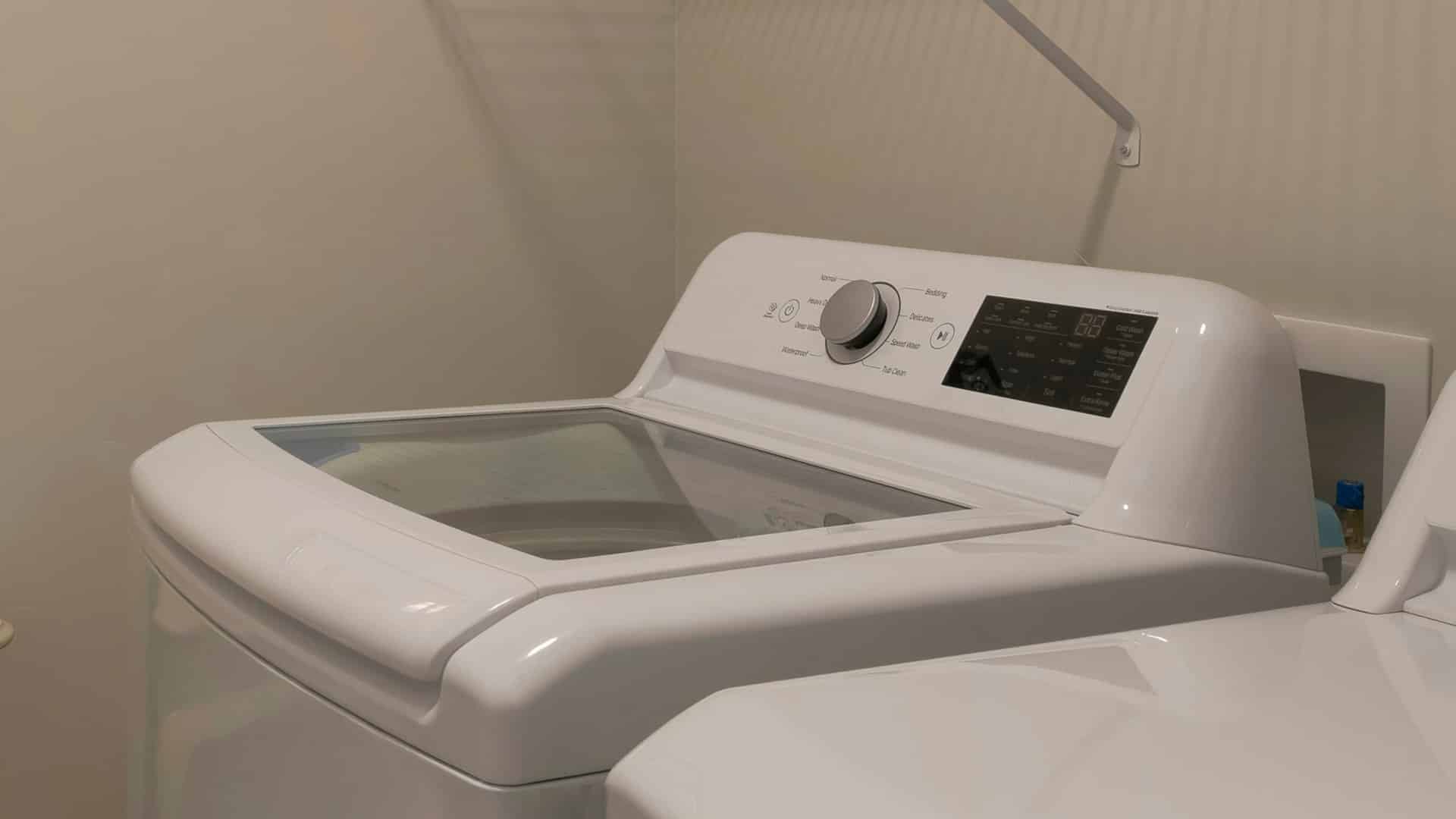
GE Washer Not Spinning? Here’s The Fix!
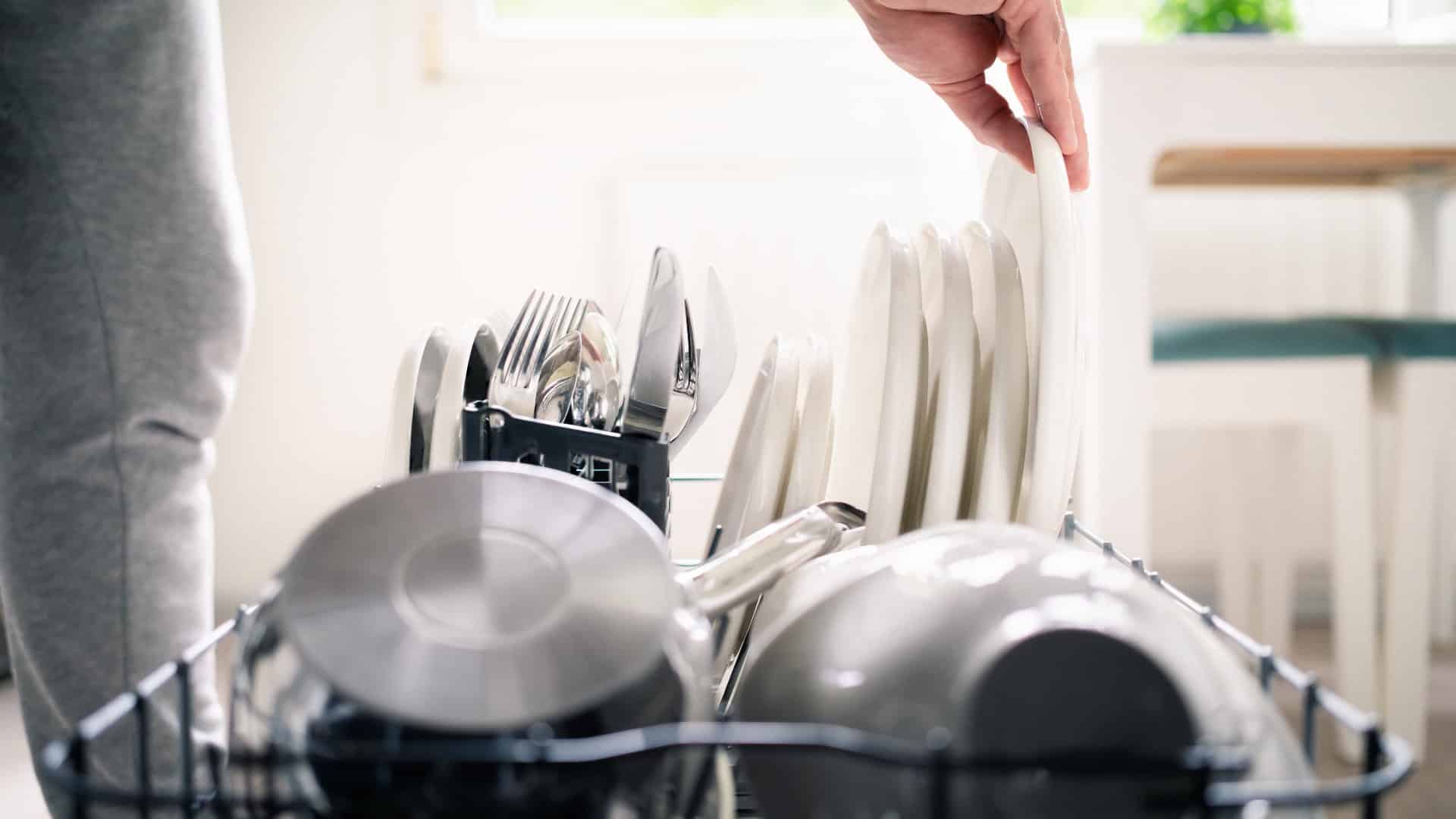
How to Restore Power to Your GE Dishwasher
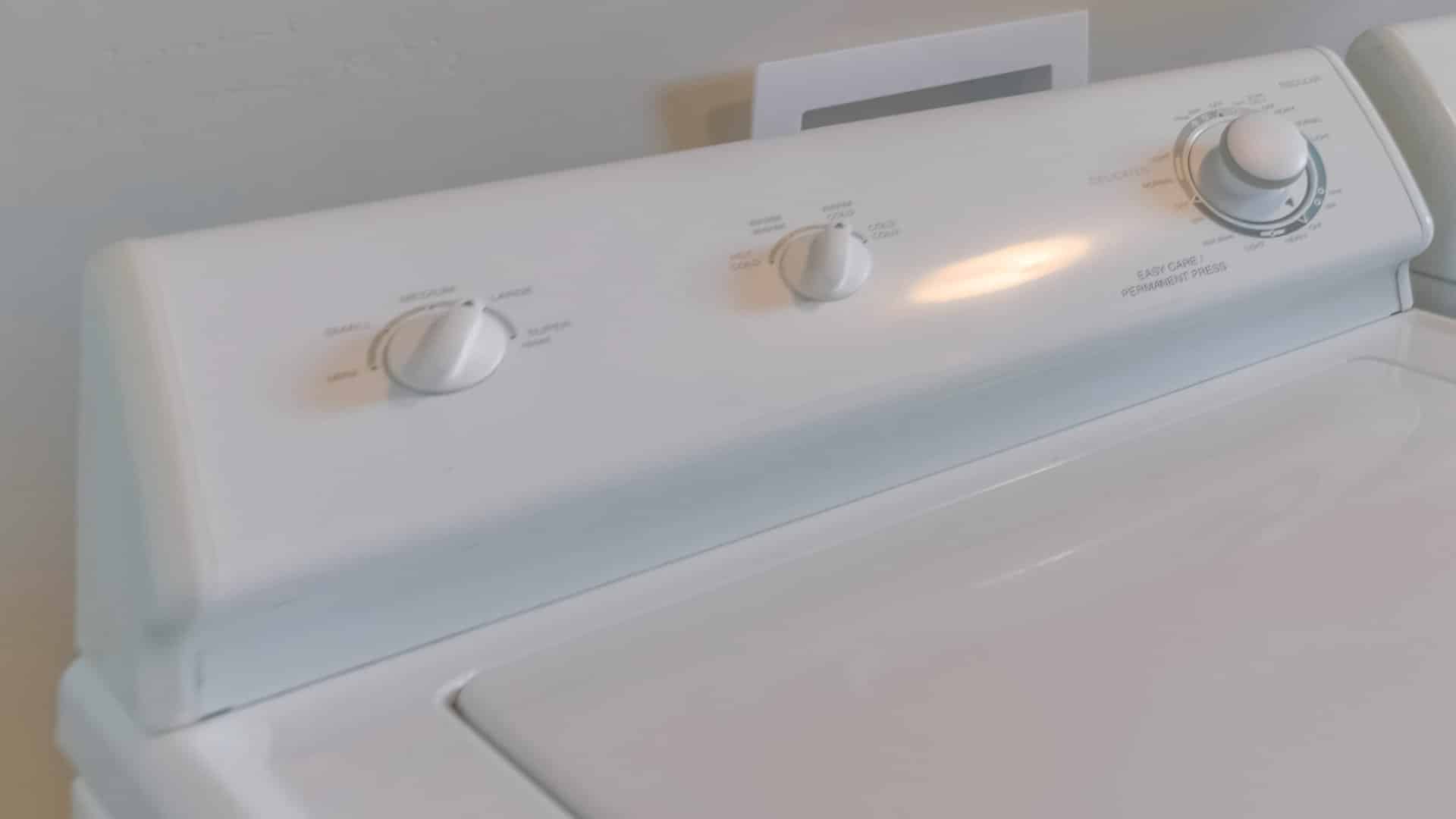
How To Reset Your GE Washer Top Loader
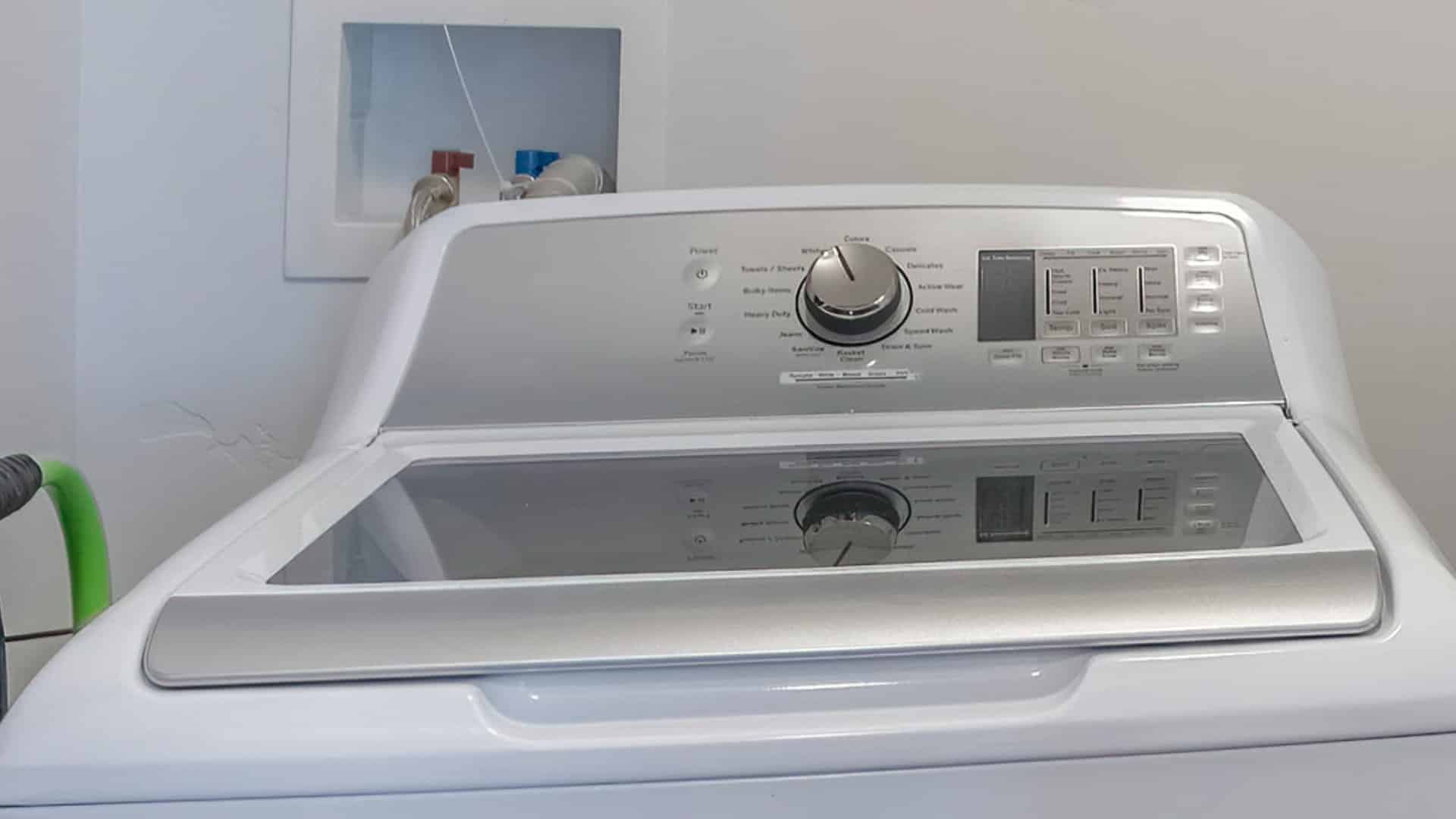
Understanding Whirlpool Washer Error Codes
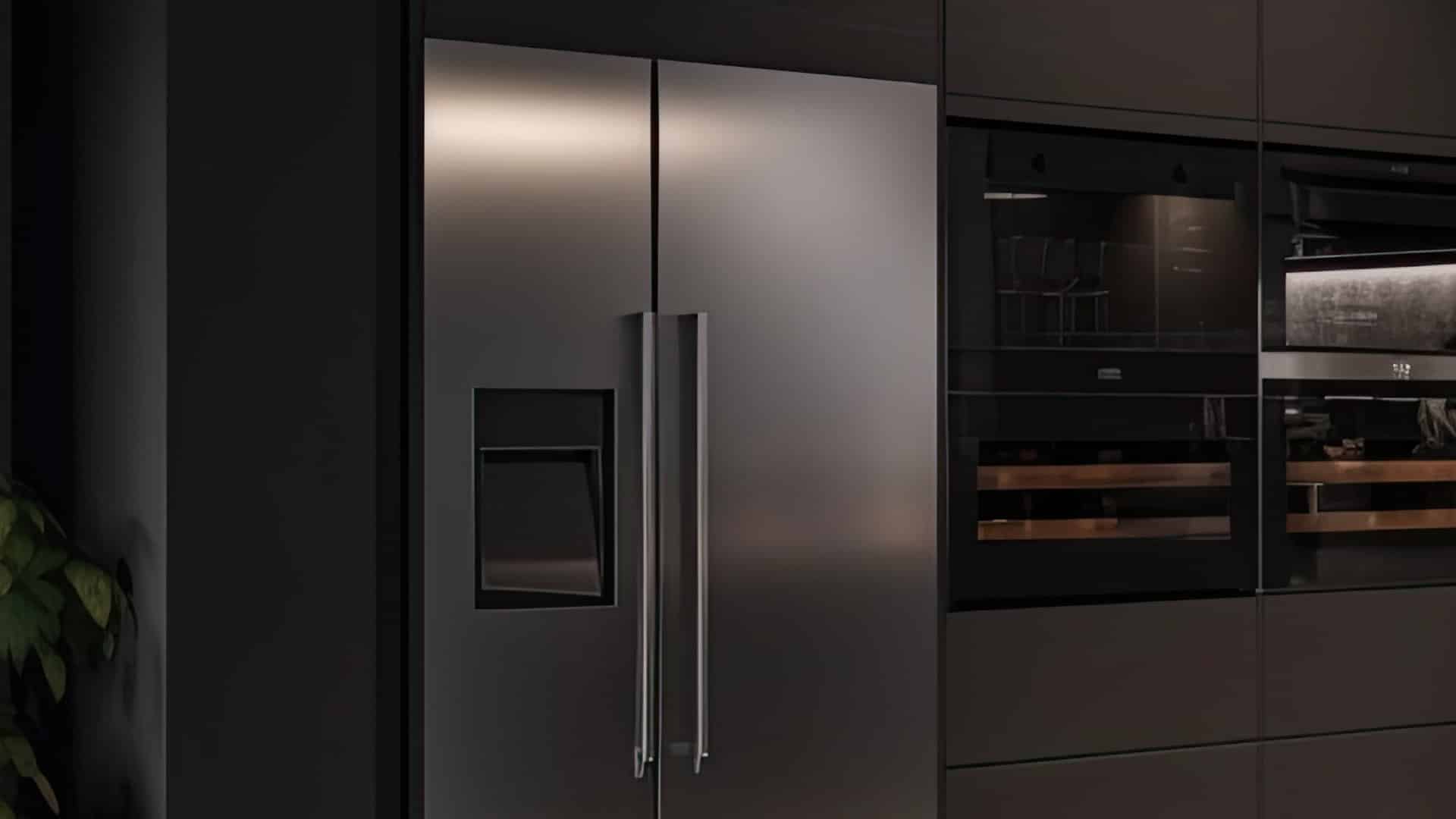
JennAir Ice Maker Not Working? Here’s What to Do
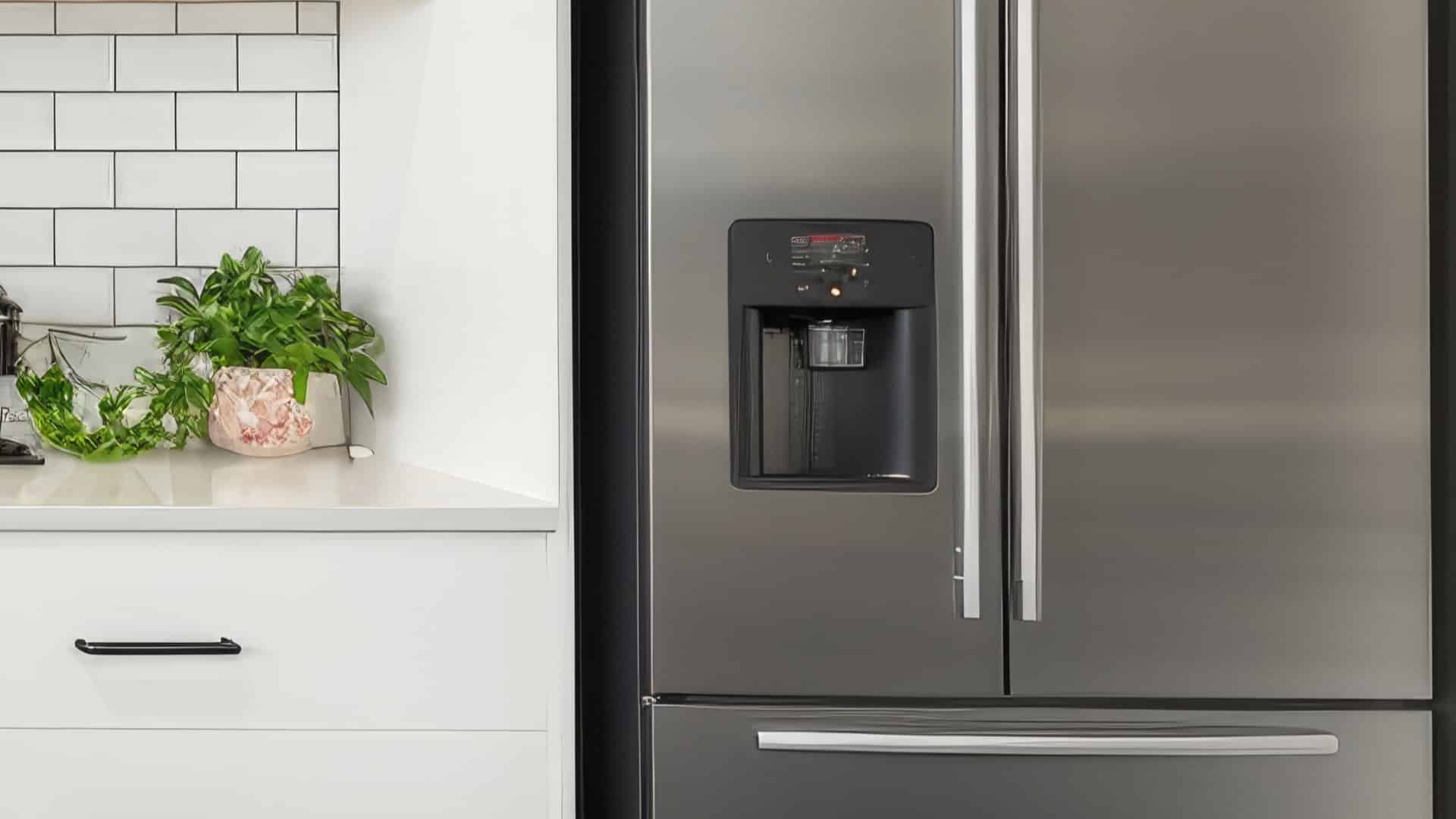
What to Do If Your LG Fridge Isn’t Cooling
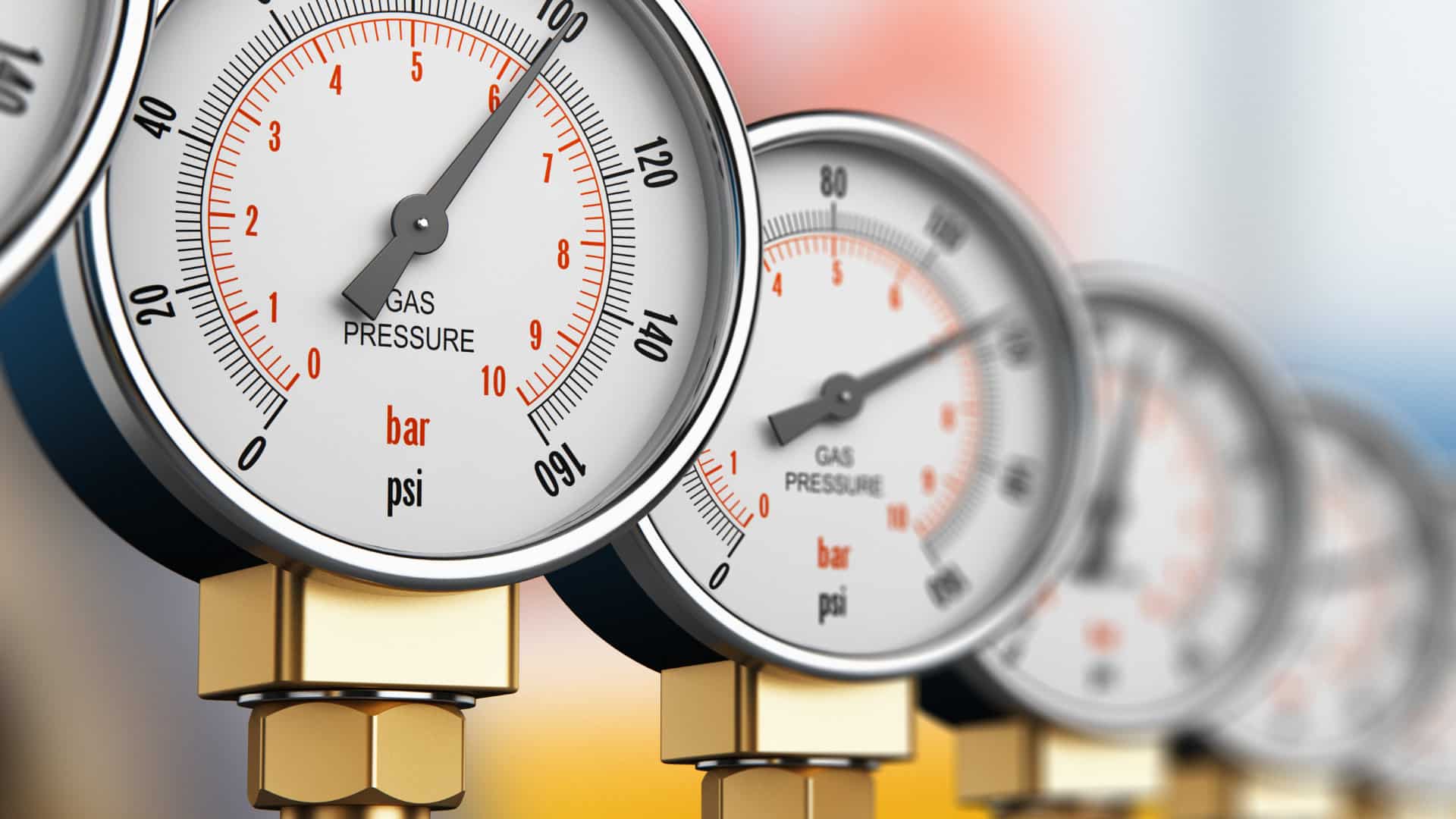
Propane vs. Natural Gas Stove: What’s Best?
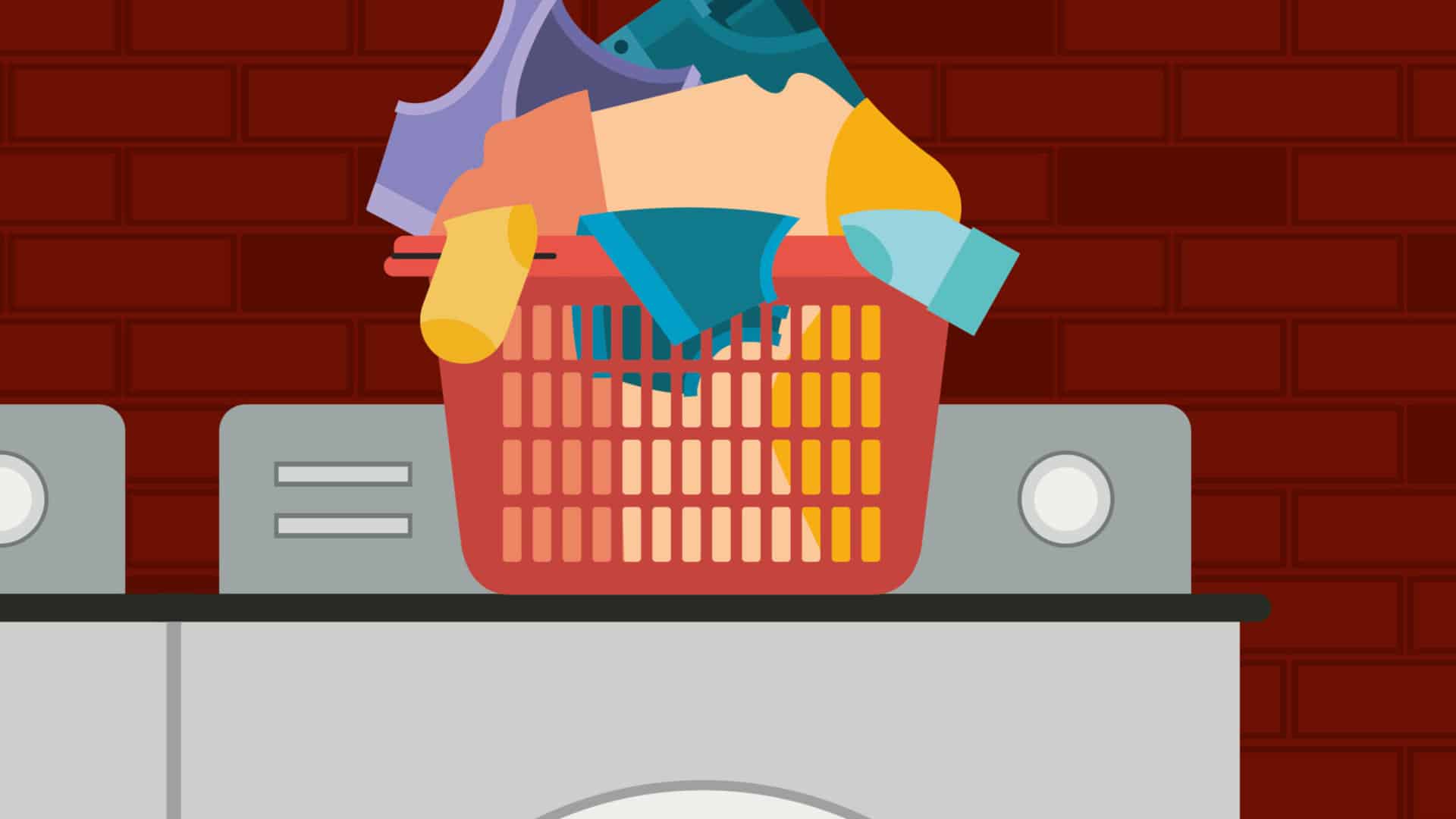
How Hot Does a Dryer Get?
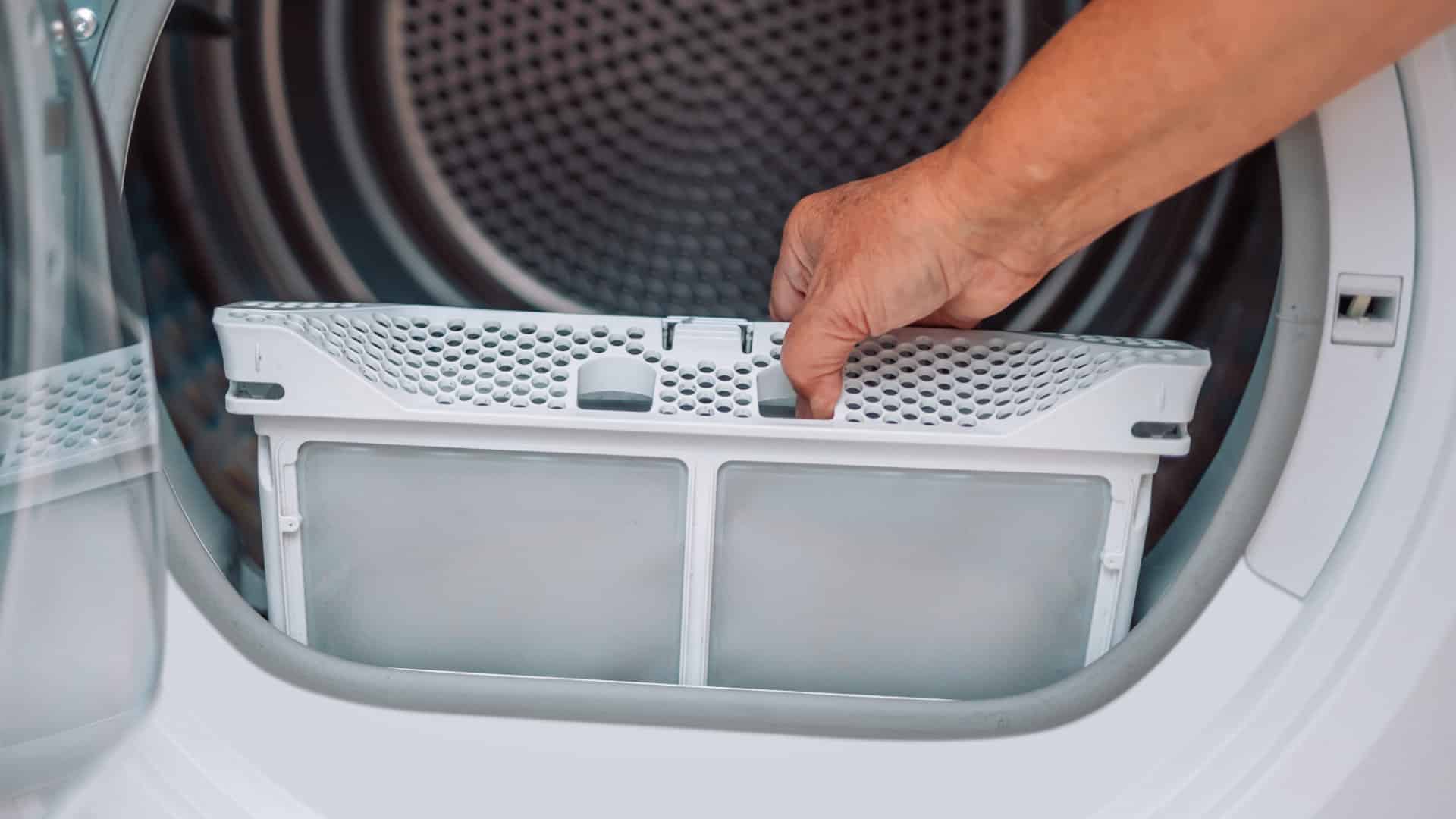
LG Dryer Flow Sense: Everything You Need to Know
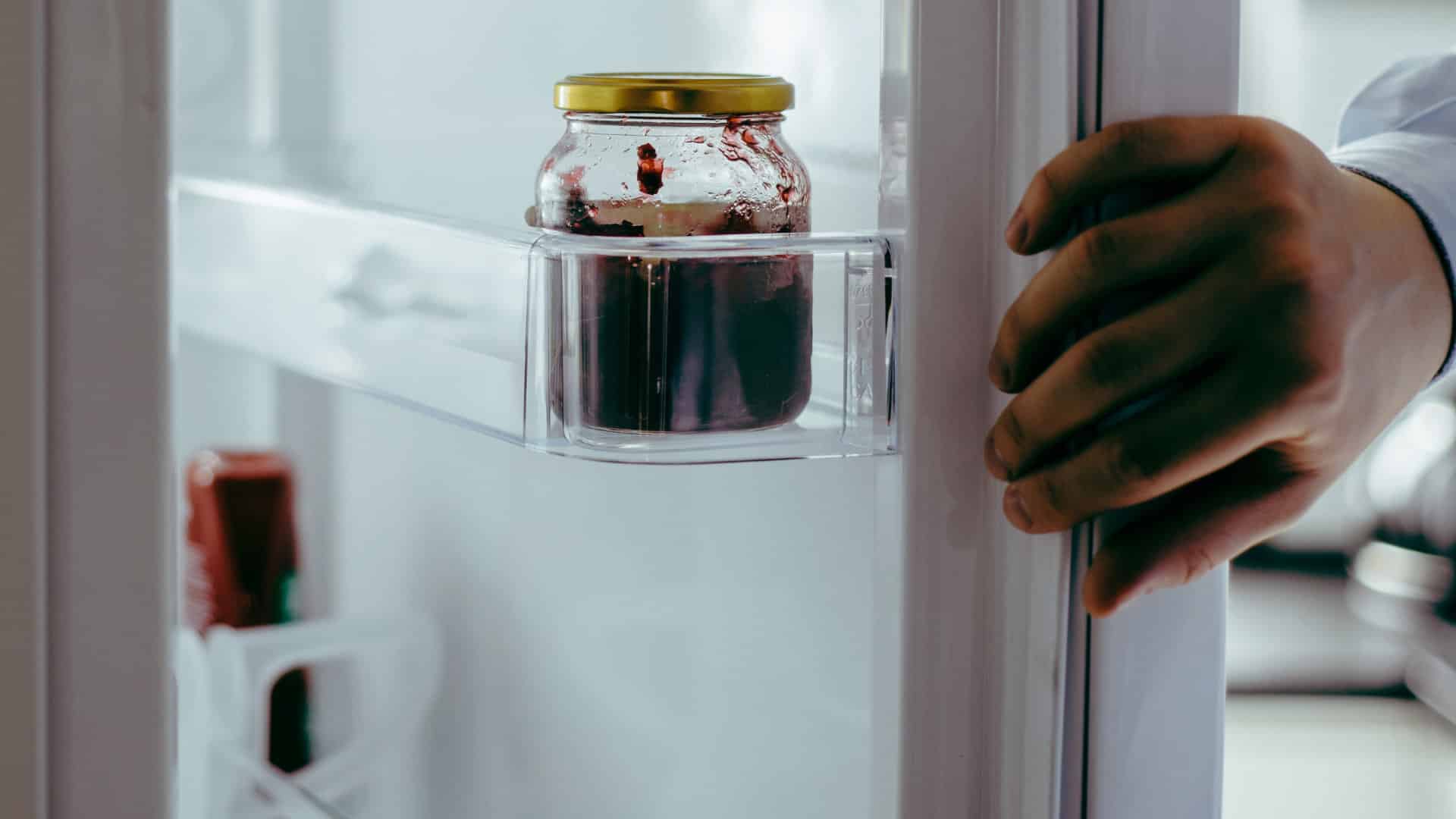
What to Do When Your Freezer Is Not Freezing but the Fridge Is Cold
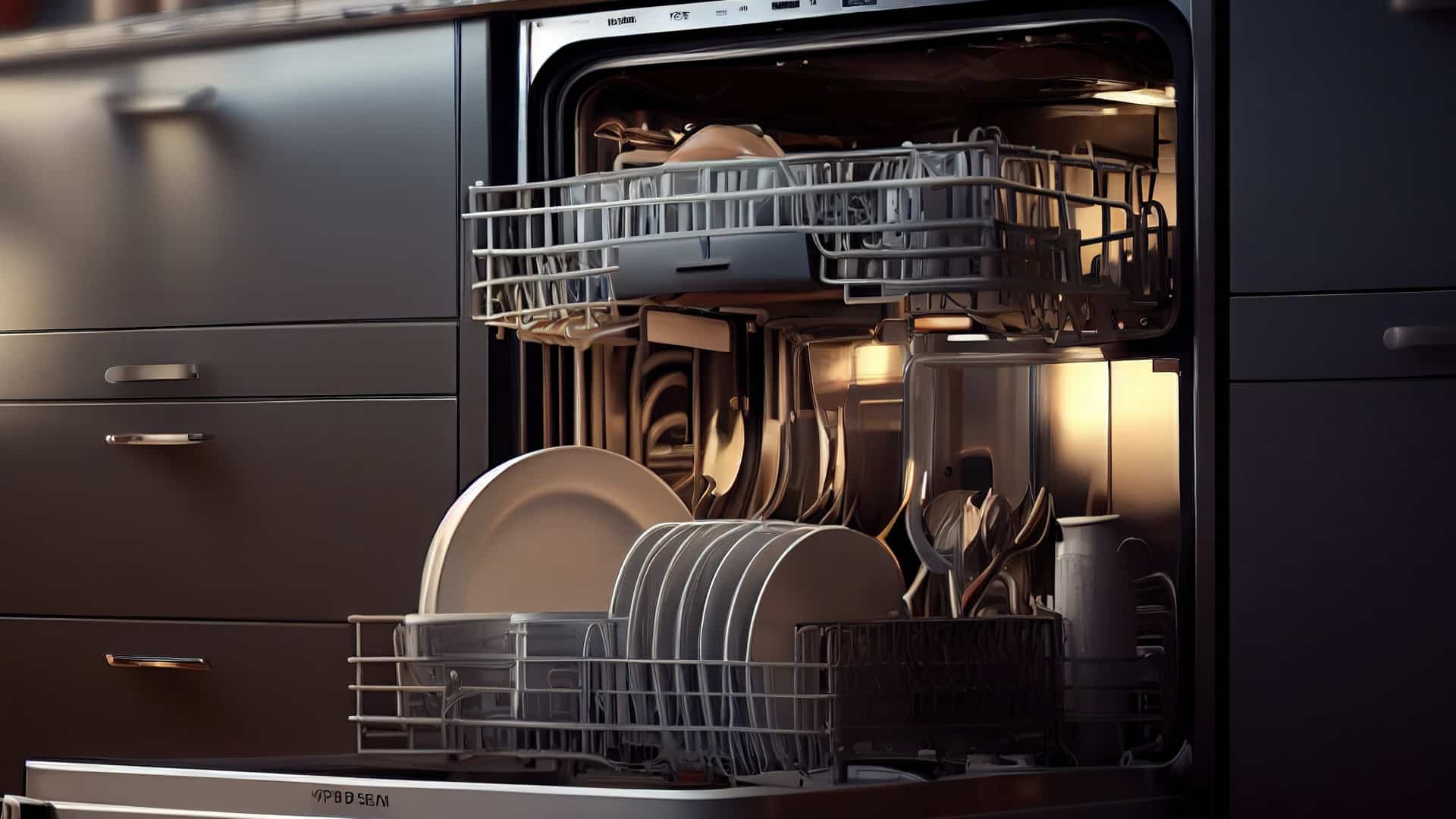
How to Solve Maytag Dishwasher Showing Error F9E1

When Is a Microwave Unsafe to Use? (Warning Signs to Look For)
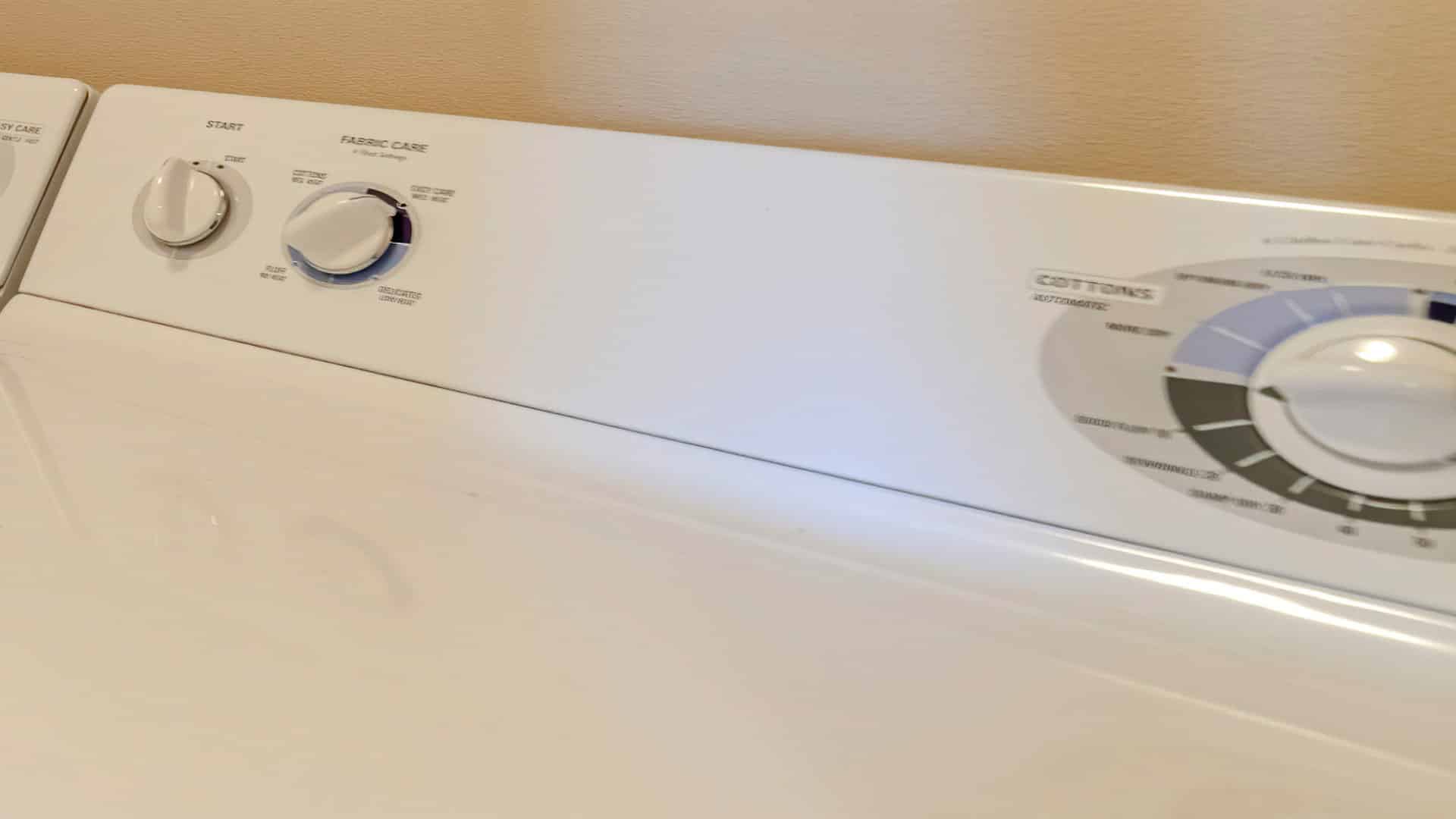
How to Fix a Squeaky Dryer (Step-by-Step)
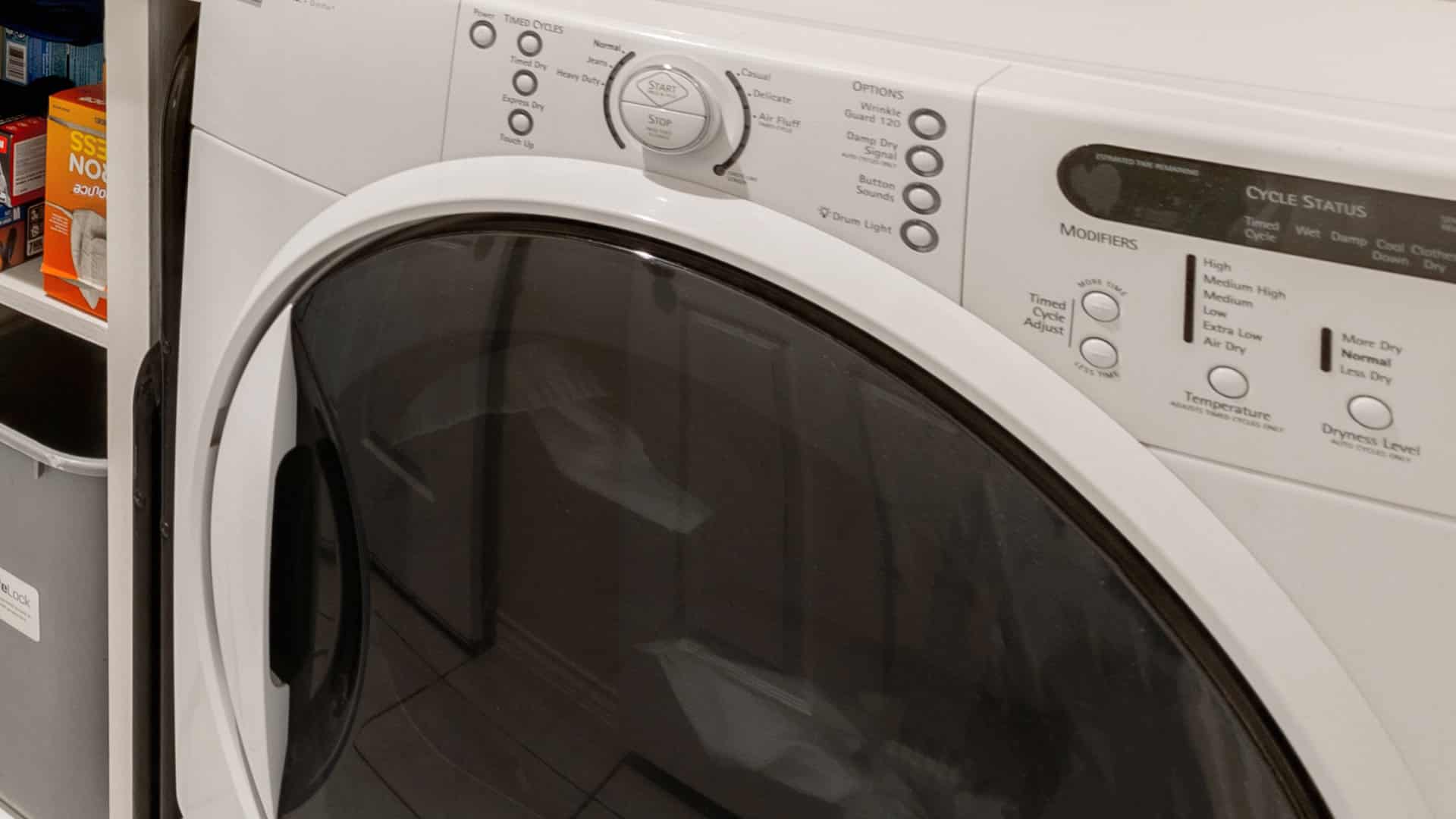
How To Remove Ink From Your Dryer
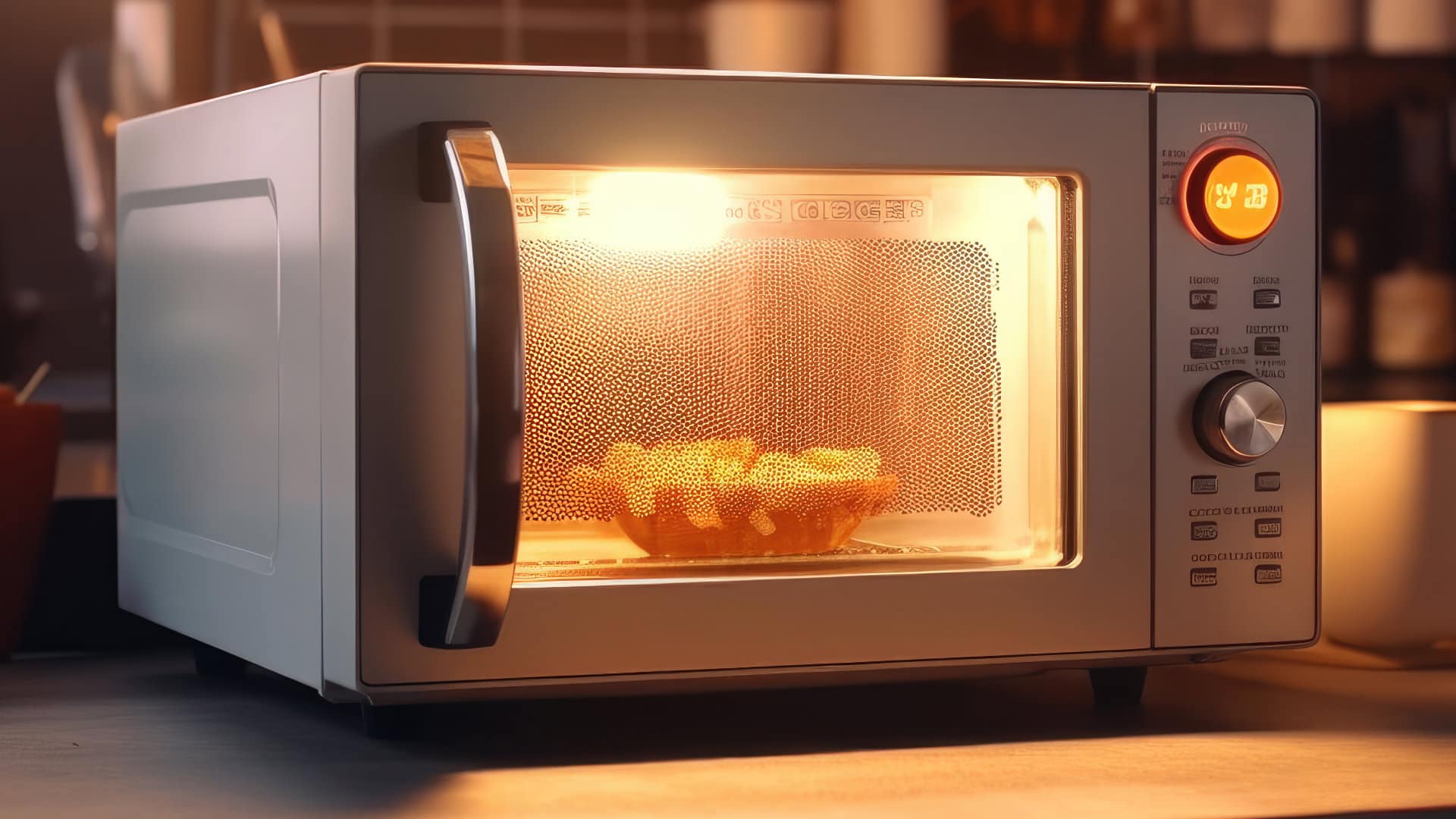
How To Fix an LG Microwave Not Heating
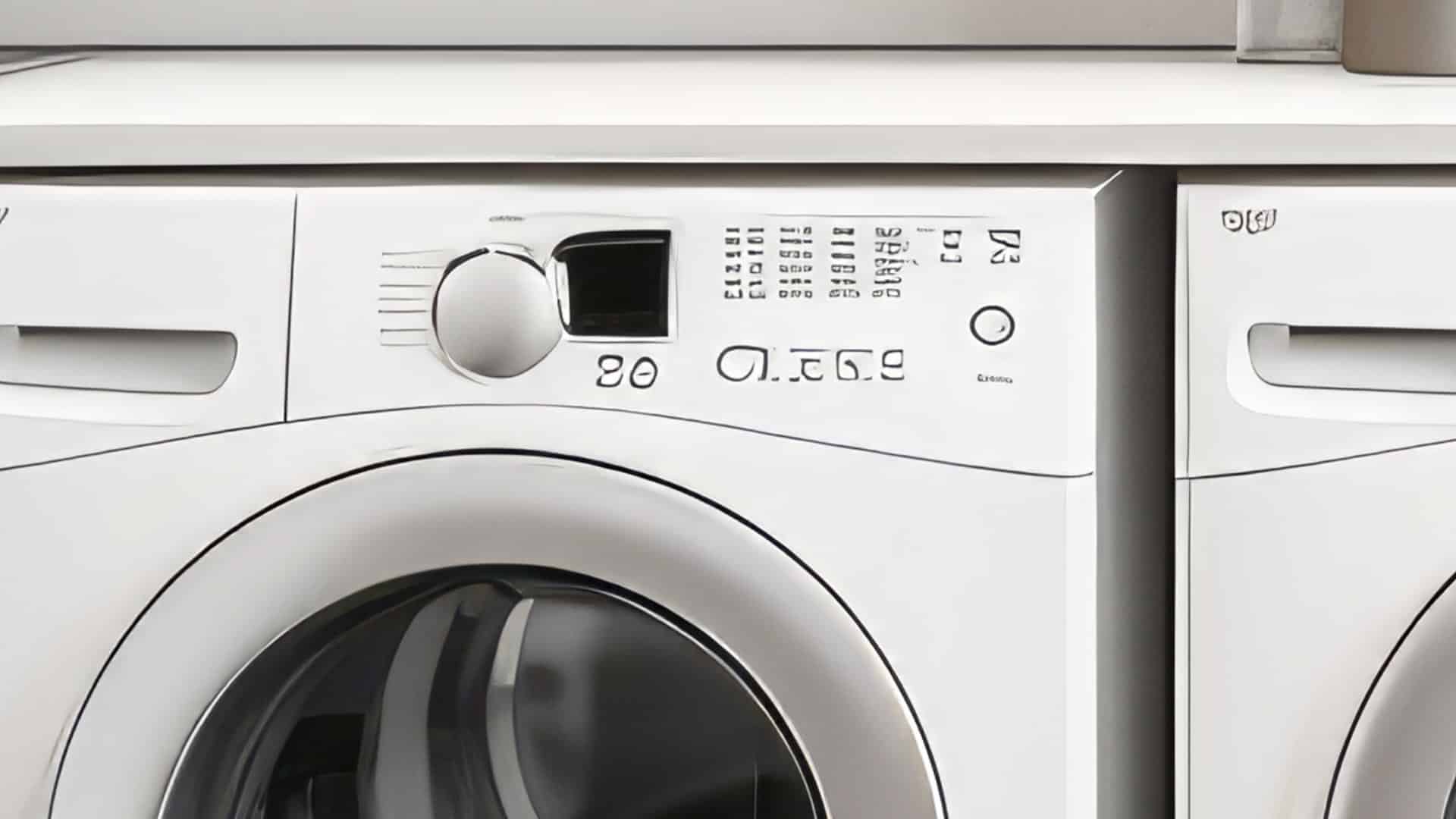
How To Fix a Maytag Washer Not Spinning
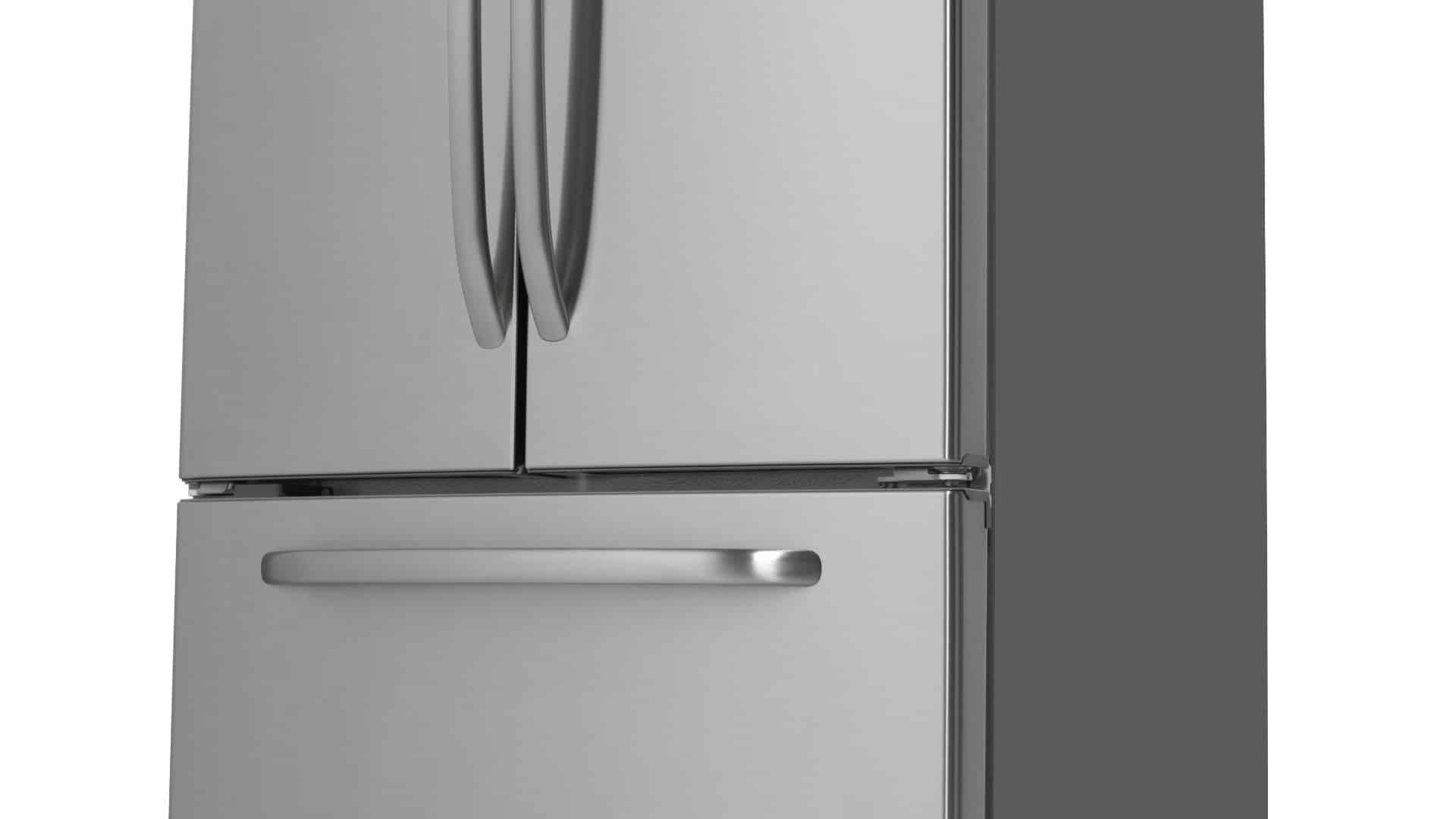
KitchenAid Refrigerator Not Making Ice? Here’s Why
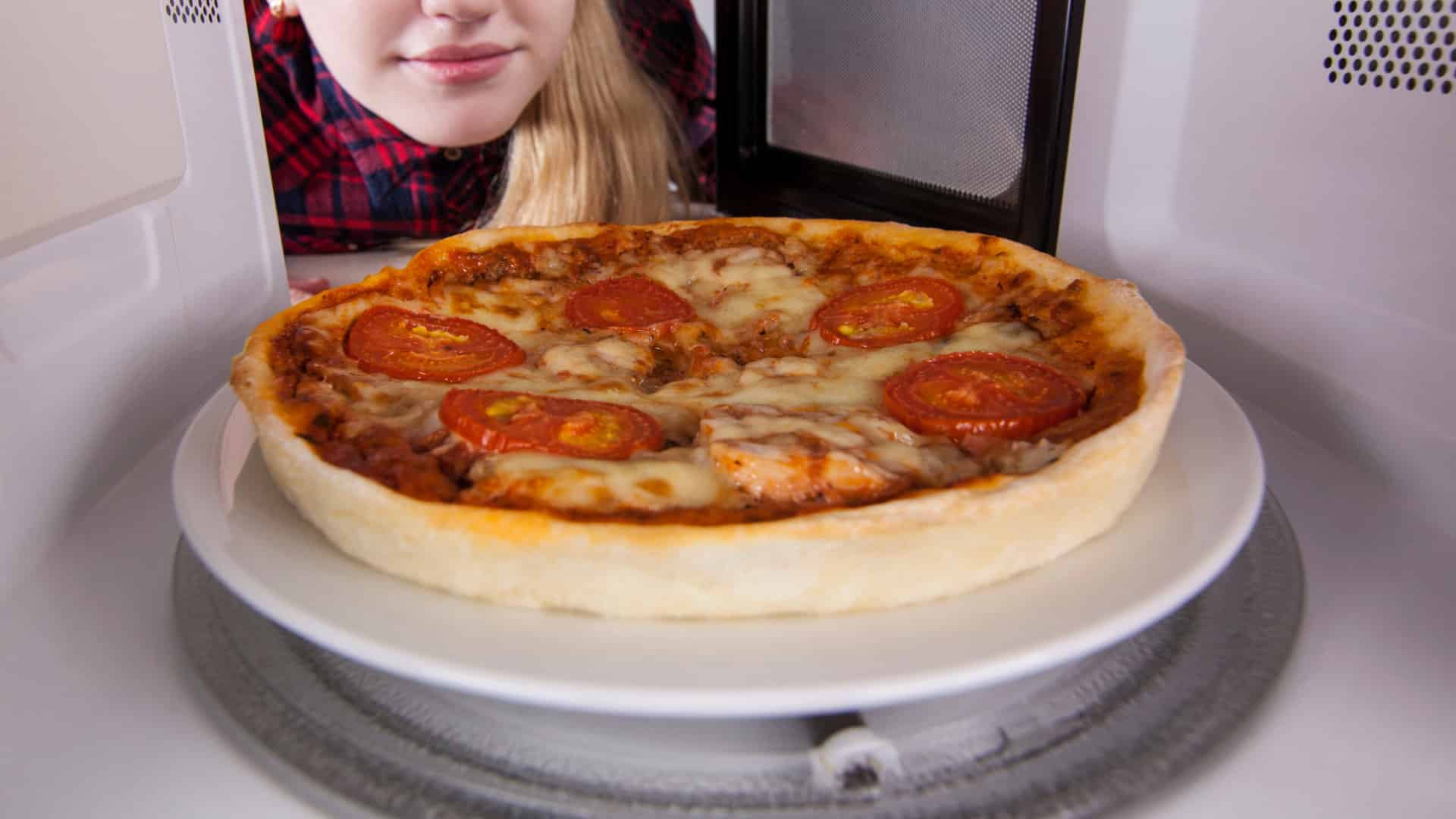
Whirlpool Microwave Door Error: How to Fix It
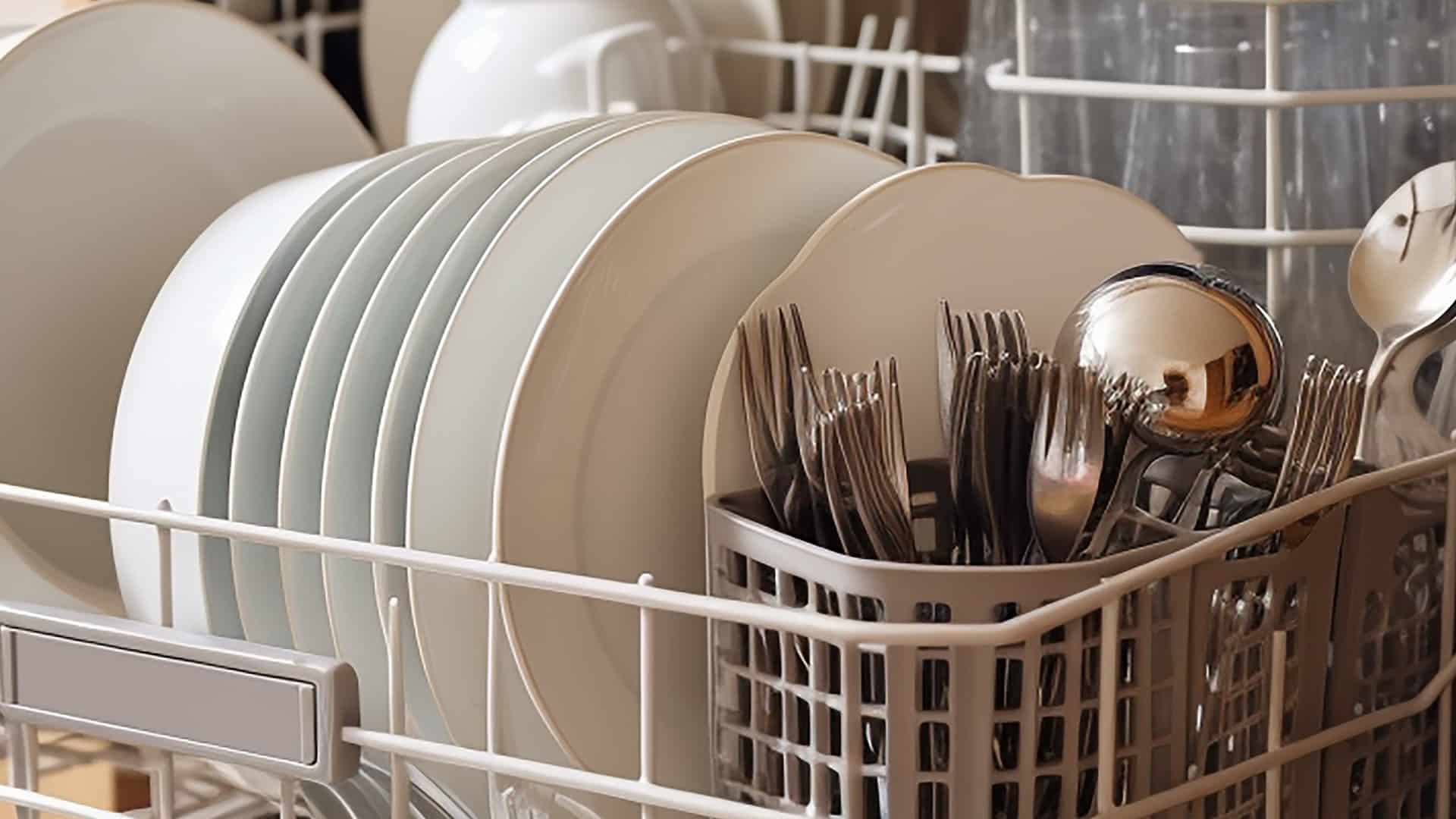
13 Things to Never Put in the Dishwasher
